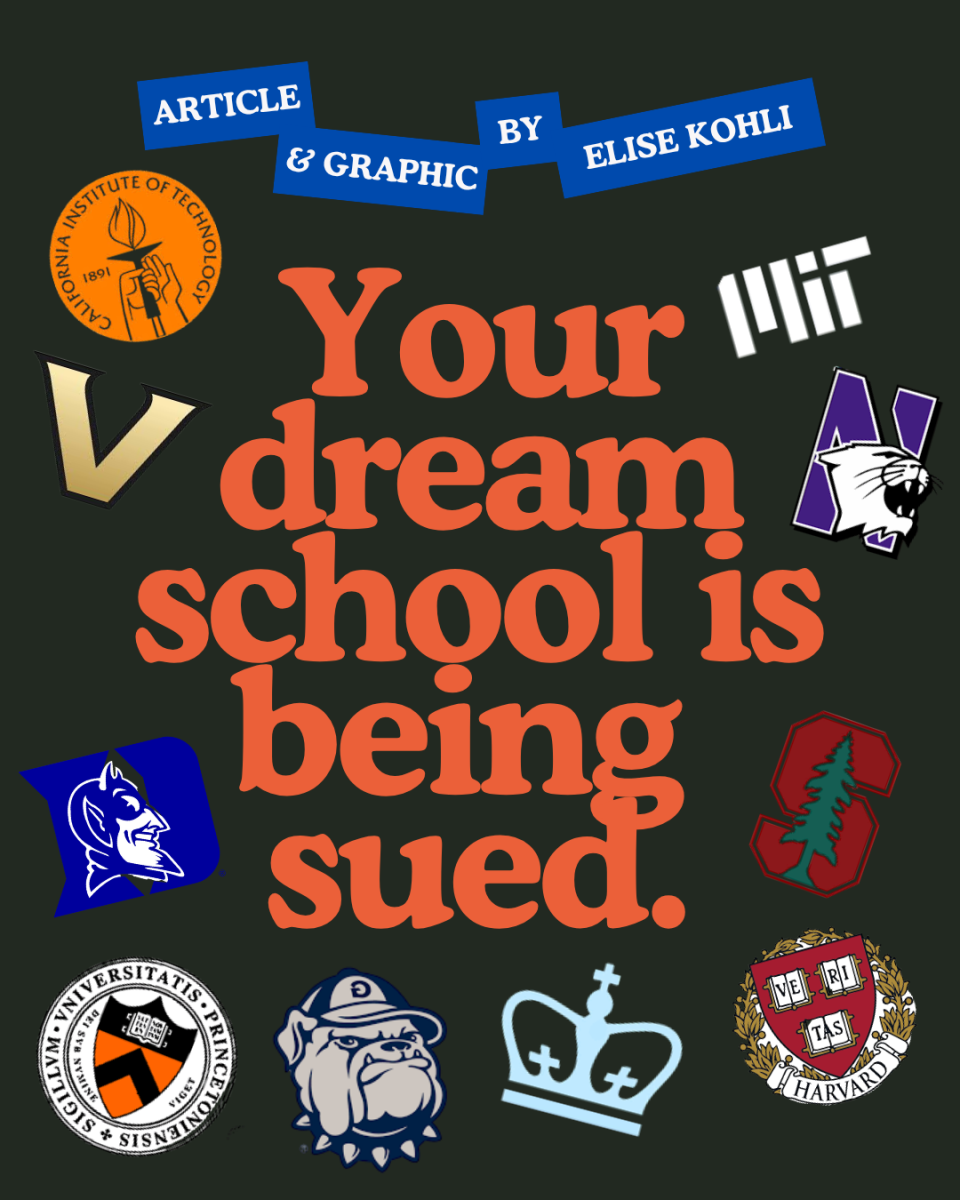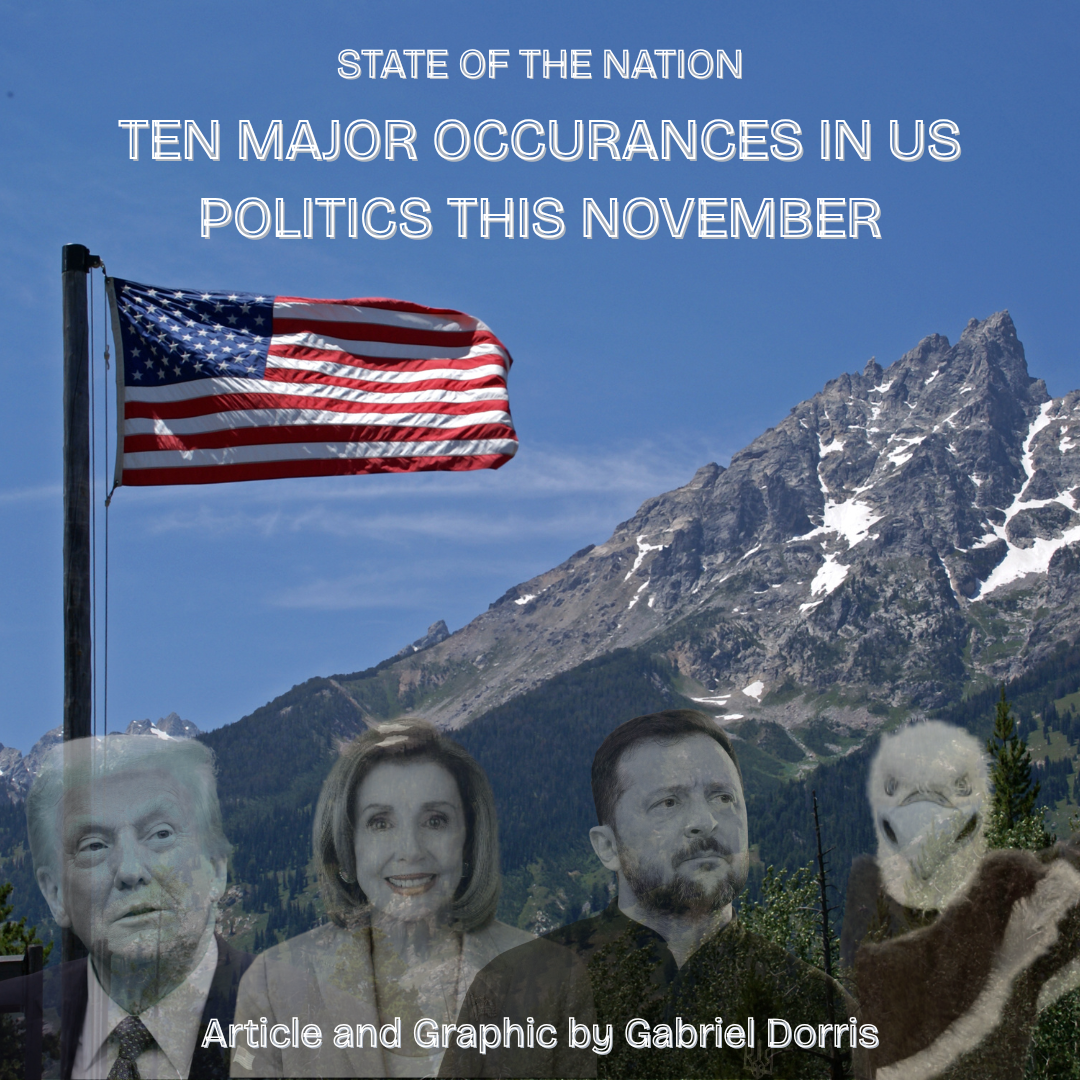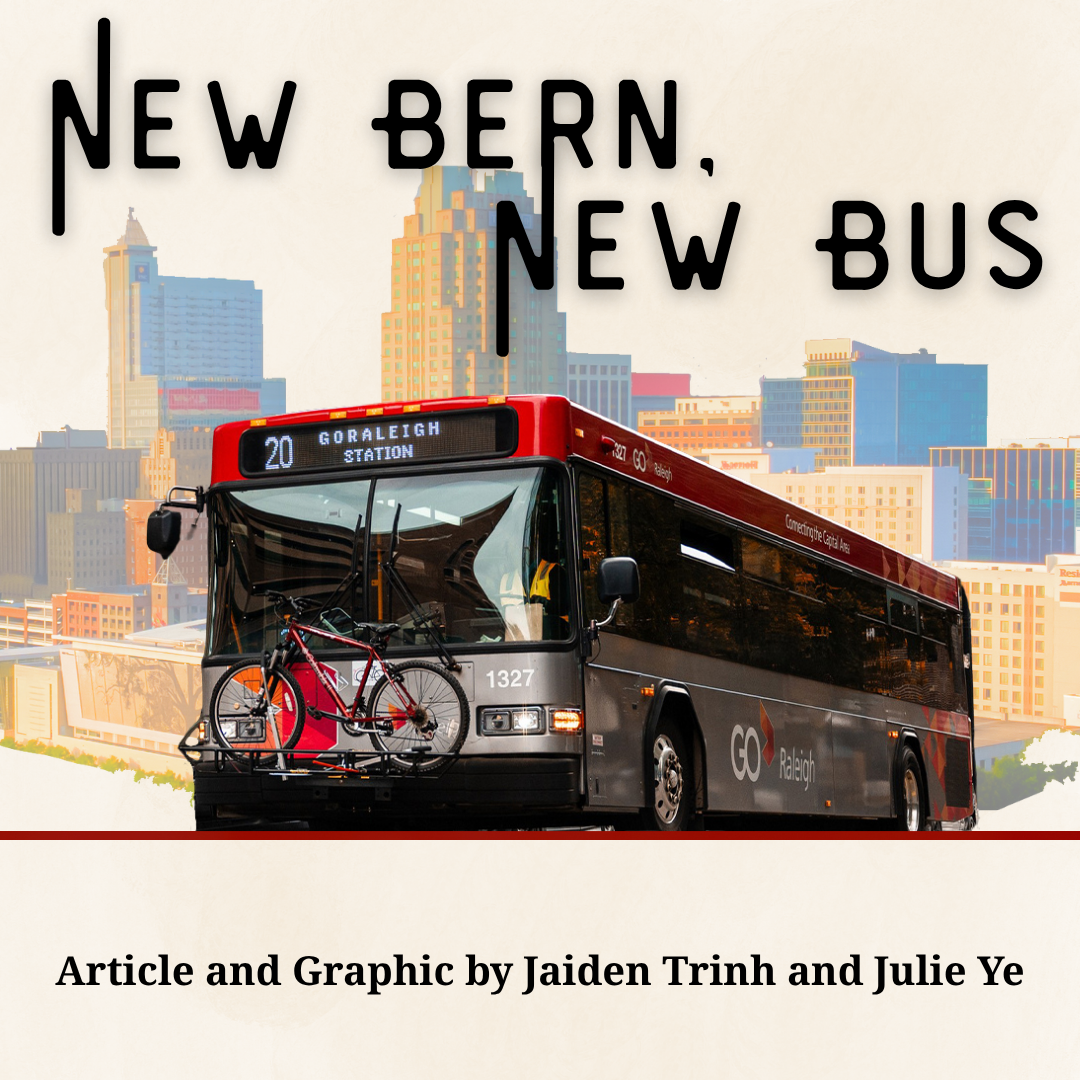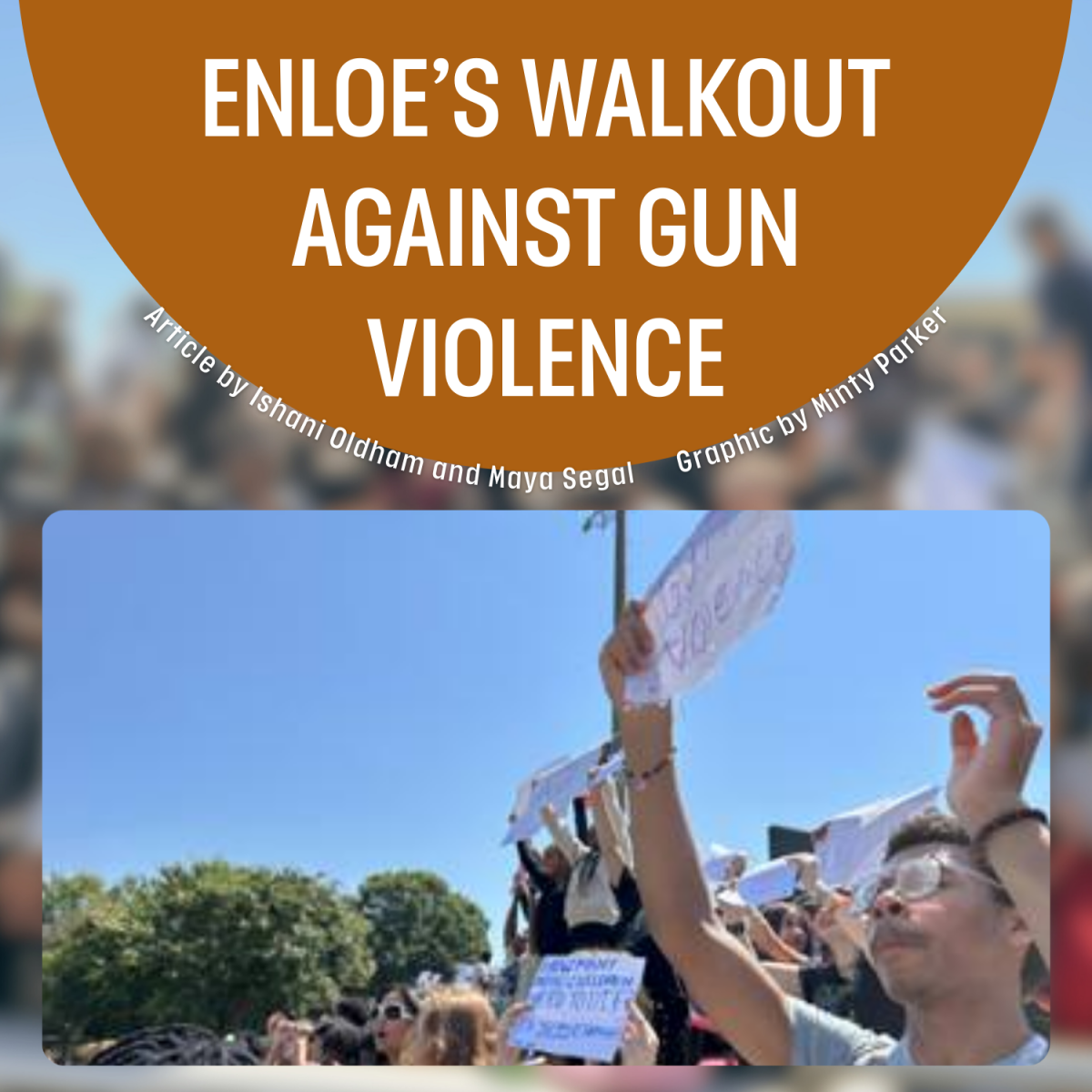On Aug. 8, 2025, a class action lawsuit was filed against a number of prestigious, private universities’ use of Early Decision on the grounds of an alleged violation of antitrust laws.
Around the 1950s, Ivy League schools began to offer Early Decision (ED) as an application option for students who are sure they will attend if admitted. ED applicants agree that upon acceptance to the school, they will withdraw all of their other applications, and attend the university they ED applied to, with little exceptions. It wasn’t until the 1970s that the concept of ED caught on throughout the county, and today, most private universities offer ED as an option.
ED acceptance rates are much higher when compared to Regular Decision (RD) acceptance rates. The Northwestern University 2024 admissions report estimates half of the incoming class was admitted through Early Decisions. The estimated ED acceptance rate at Northwestern University is 20%, with the estimated RD rate reaching 5.3%.
Students accepted through ED are often unable to negotiate their aid, nor are they able to compare aid packages other schools might have granted them. The lawsuit claims ED violates anti-trust laws, writing, “The competitor schools, who…might have lured the student away with a better financial aid package, [do not] compete with the school…[because] the student has been admitted [through Early Decisions]…creat[ing] monopolies on certain customers’ business”
This creates socioeconomic disparity between those accepted to and rejected from prestigious universities. Some students feel they aren’t given a fair chance of acceptance because of their inability to commit to a school before knowledge of financial aid, therefore, forcing them to apply RD, the option with lower acceptance rates. Plaintiff Jude Robinson, who was accepted to Vassar University through Early Decision, claims they expected more financial aid than they received, but felt applying ED was the only way to “level the playing field”
When a student applies ED, it is stated they can only apply ED at one school. However, the lawsuit challenges this concept. The lawsuit alleges binding decision negates the possible competition schools might face with one another. Each student is only admitted to one school, thus receiving only one financial aid offer, which the lawsuit claims is a monopoly.
Enloe’s Financial Aid advisor, Ms. Wanda Moore, emphasizes the importance of avoiding taking out student loans. However, when applying Early Decision, student loan eligibility is often the only package offered to the applicant.
As the lawsuit develops, and the claims of the plaintiffs are investigated, Ms. Moore encourages students to keep in mind the personal aspect of college applications. Ms. Moore describes the decision as a conversation between students and families, and, as she puts it, “Make sure you’re getting the best bang for your buck.”
Works cited
“Northwestern’s Acceptance Rate at 7% for the Class of 2029.” Crimsoneducation.org, 2025, www.crimsoneducation.org/us/blog/northwestern-acceptance-rate.
1:25-Cv-12221. 25 Aug. 8AD, www.langergrogan.com/wp-content/uploads/2025/08/2025-08-08-ECF-1-Class-Action-Complaint.pdf.








